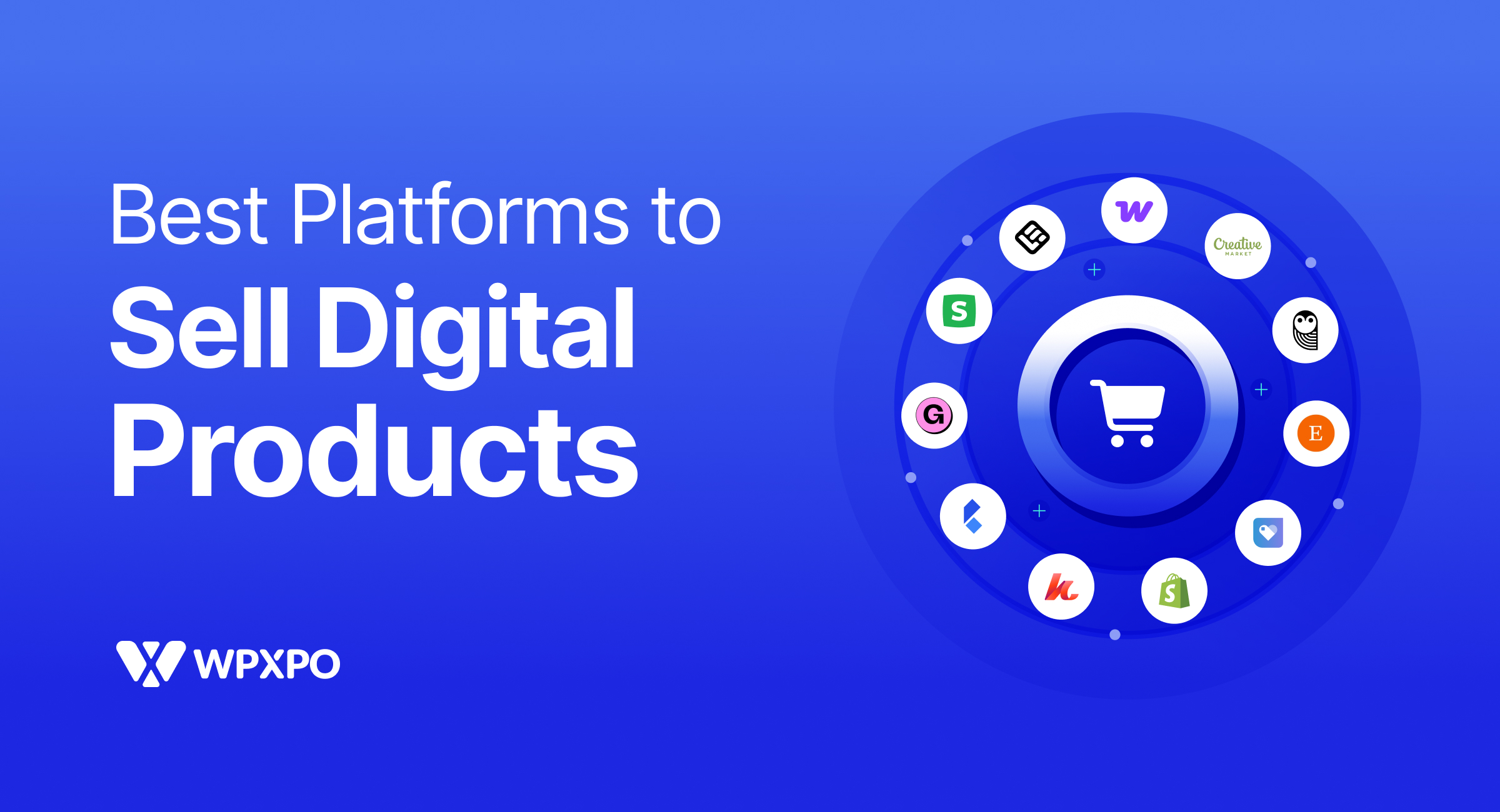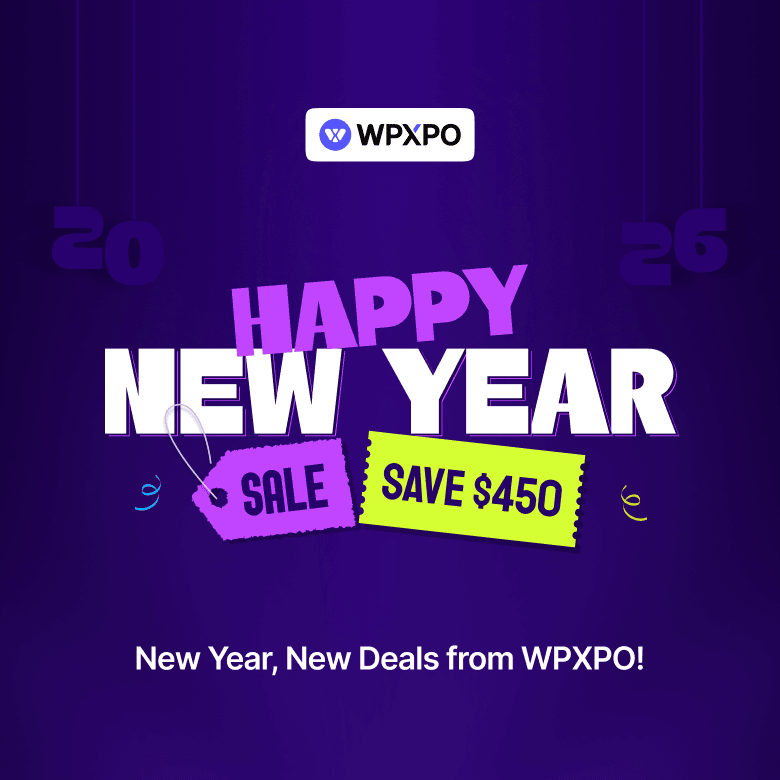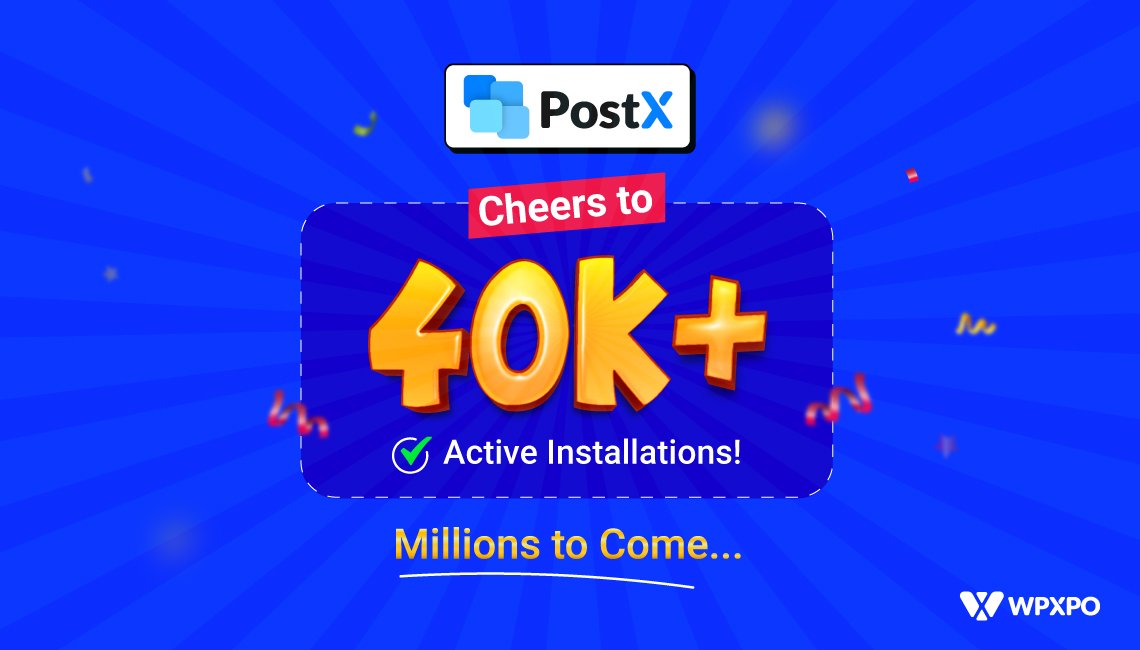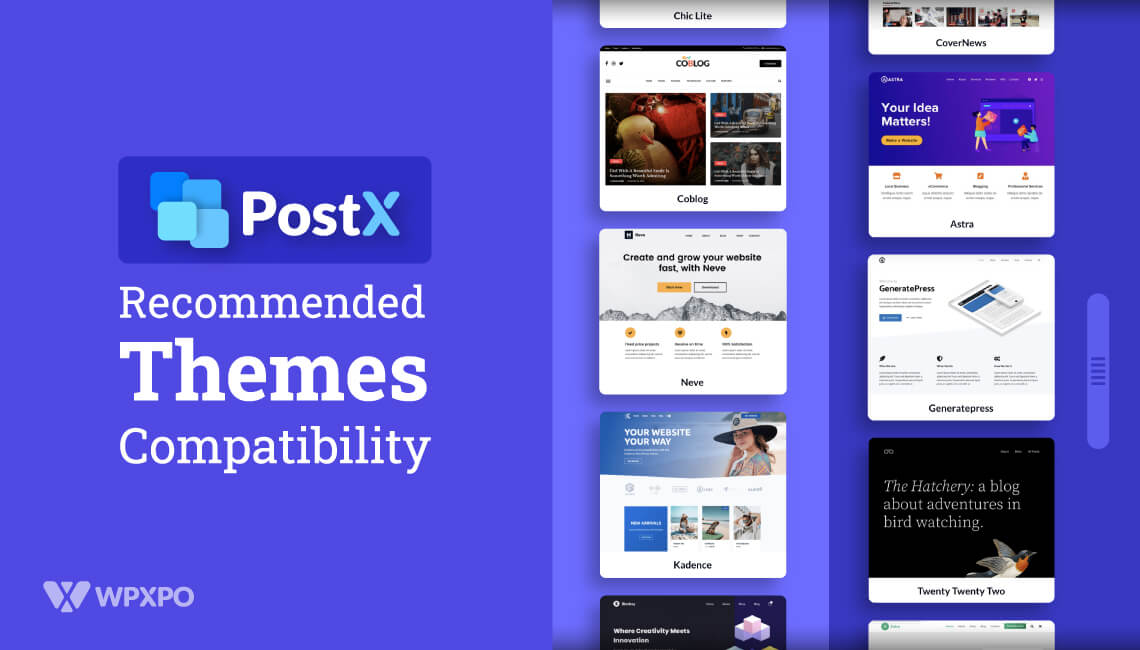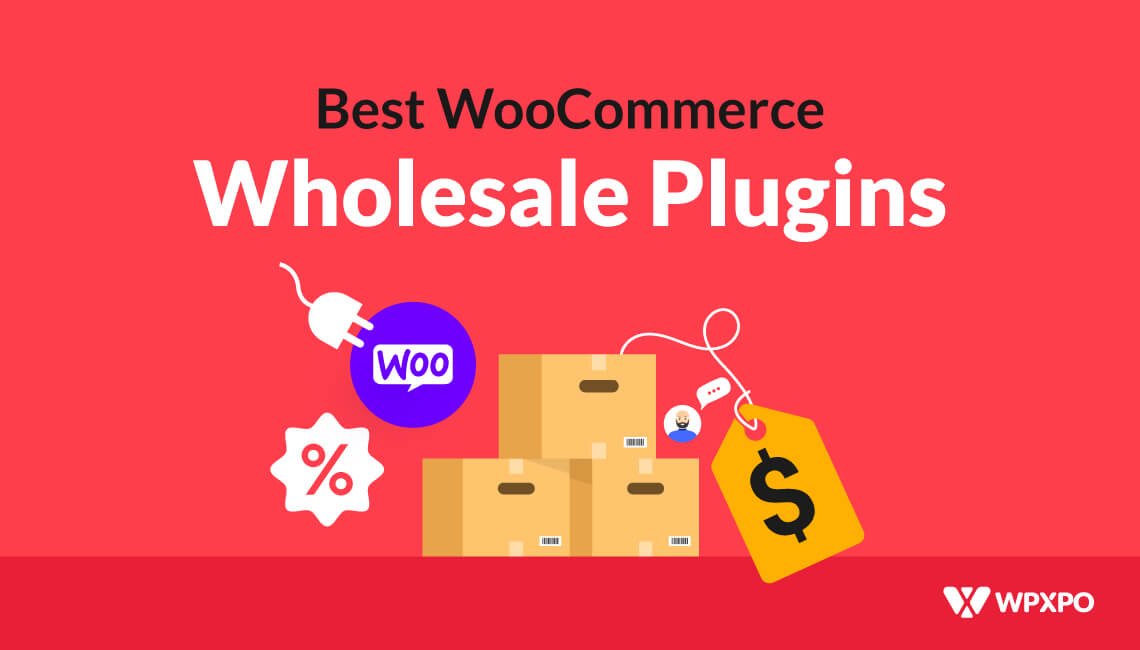Selling digital products has become the new gold rush, and for good reason! The global digital product market is expected to hit a whopping $476.6 billion by 2025, growing at nearly 10% a year.
And it’s no surprise; after all, who wouldn’t want to sell a product that doesn’t need packaging, shipping, or inventory? In fact, 78% of businesses that sell digital products report higher profit margins than their physical counterparts.
But here’s the kicker: choosing the right platform can make or break your success. So, in this article, we will dive deep into the best platforms for selling digital products and the key factors that will help you hit the ground running!
Why Sell Digital Products?
Let’s face it: digital products are the future, and if you’re not jumping on this bandwagon, you’re missing out.
For starters, the low overhead costs make digital products a no-brainer. No need for warehouses, no inventory management headaches, and no expensive shipping fees. Plus, digital products can be delivered instantly – meaning no delays and happy customers.
And here’s a fun fact: people are buying more than ever. The digital product market is growing at a rate of 9.8% annually. Whether it’s e-books, courses, music, or software, there’s an ever-growing demand.
And with global reach, you can sell to anyone, anywhere – no borders, no limits. So why not tap into this booming market and create something that works for you 24/7? The potential is huge, and the best part? You don’t even have to leave your couch to make it happen.
Best Platforms to Sell Digital Products [Reviewed]
Picking the right platform to sell your digital products is a game-changer. Whether you’re teaching online courses, selling creative assets, or offering downloadable resources, the platform you use affects everything from how you present your brand to how you get paid.
But with so many options out there, each with its own unique features, pricing models, and quirks, it’s tough to know where to start.
That’s why we’ve narrowed down the best platforms for selling digital products in 2025. We’ve looked at what each platform excels at, who it’s best suited for, and how it handles key aspects like delivery, customization, and pricing. So, you can confidently choose the one that fits your needs and helps take your business to the next level.
Here’s a curated list of top platforms for digital products, each catering to different needs and product types:
1. WooCommerce
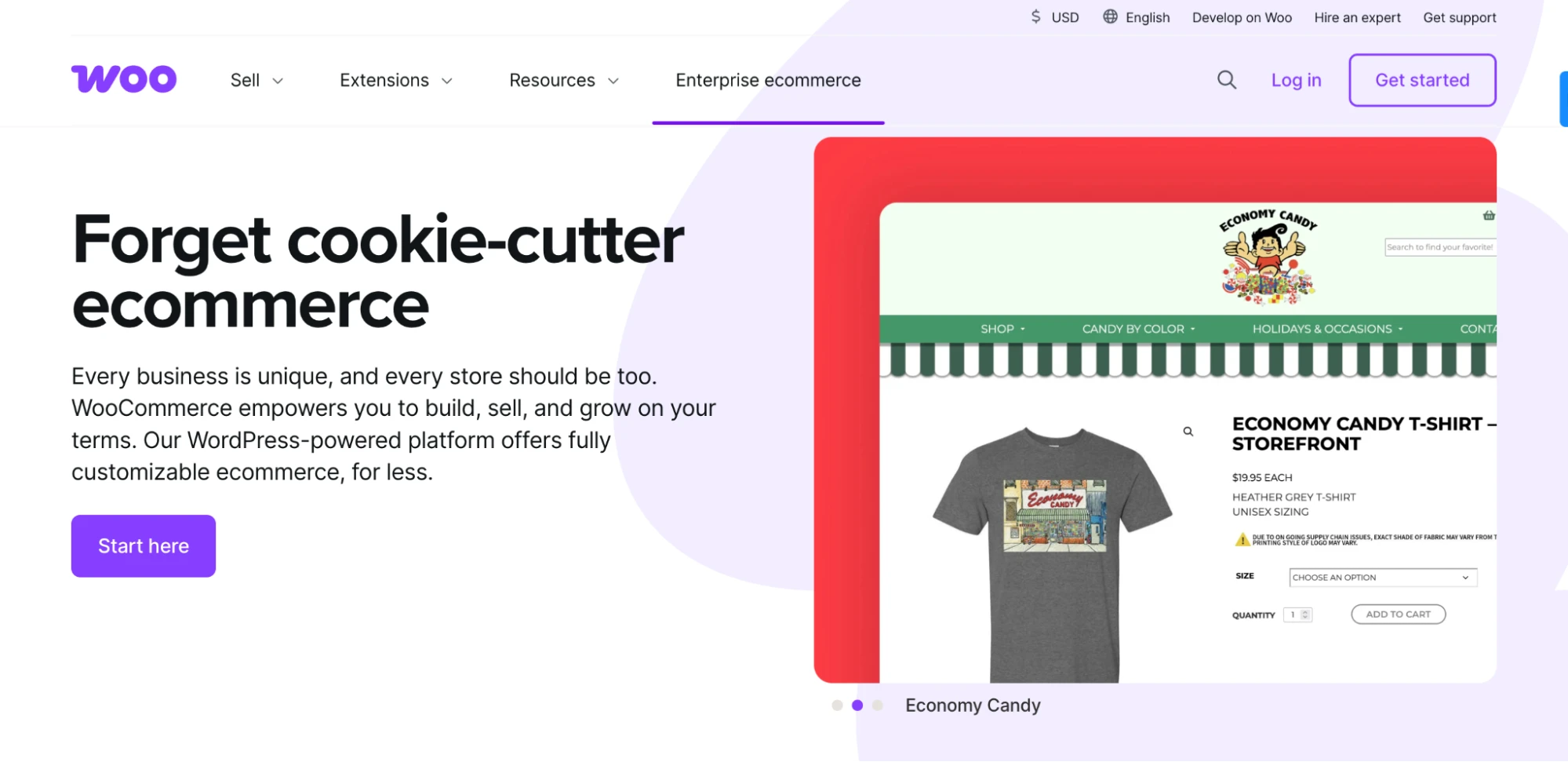
Best For: WordPress users who want a flexible and powerful eCommerce solution without monthly platform fees.
WooCommerce is a free, open-source plugin that transforms any WordPress site into a fully functional online store. It’s an excellent choice for creators who already have a WordPress site and want to integrate a complete eCommerce solution directly into their existing platform.
Its flexibility makes it a top pick for those who want complete ownership and control over their online store and customer data.
Why Creators Love It
- No Monthly Fees: The core plugin is free, making it a great option for new creators and small businesses on a tight budget.
- Ultimate Customization: You can customize your store endlessly with a massive library of free and paid extensions.
- Full Control: All your data and customer information are hosted on your own server, giving you complete ownership and control.
- Digital Product Support: A wide range of plugins is available for managing digital downloads, from simple file delivery to advanced features like license keys and secure downloads.
- Easy Customer Management: You can easily manage customer relationships and push updates directly from your WordPress dashboard.
What to Keep in Mind
- Requires Self-Hosting: You’ll need a self-hosted WordPress site, which means you are responsible for your own hosting, security, and maintenance.
- Potential for Added Costs: While the plugin is free, you may need to buy premium themes or extensions for advanced features, which can increase your overall costs.
- Technical Setup: Setting up and managing a WooCommerce store can be more technical compared to using a hosted platform like Shopify.
Pricing: Free
2. Shopify
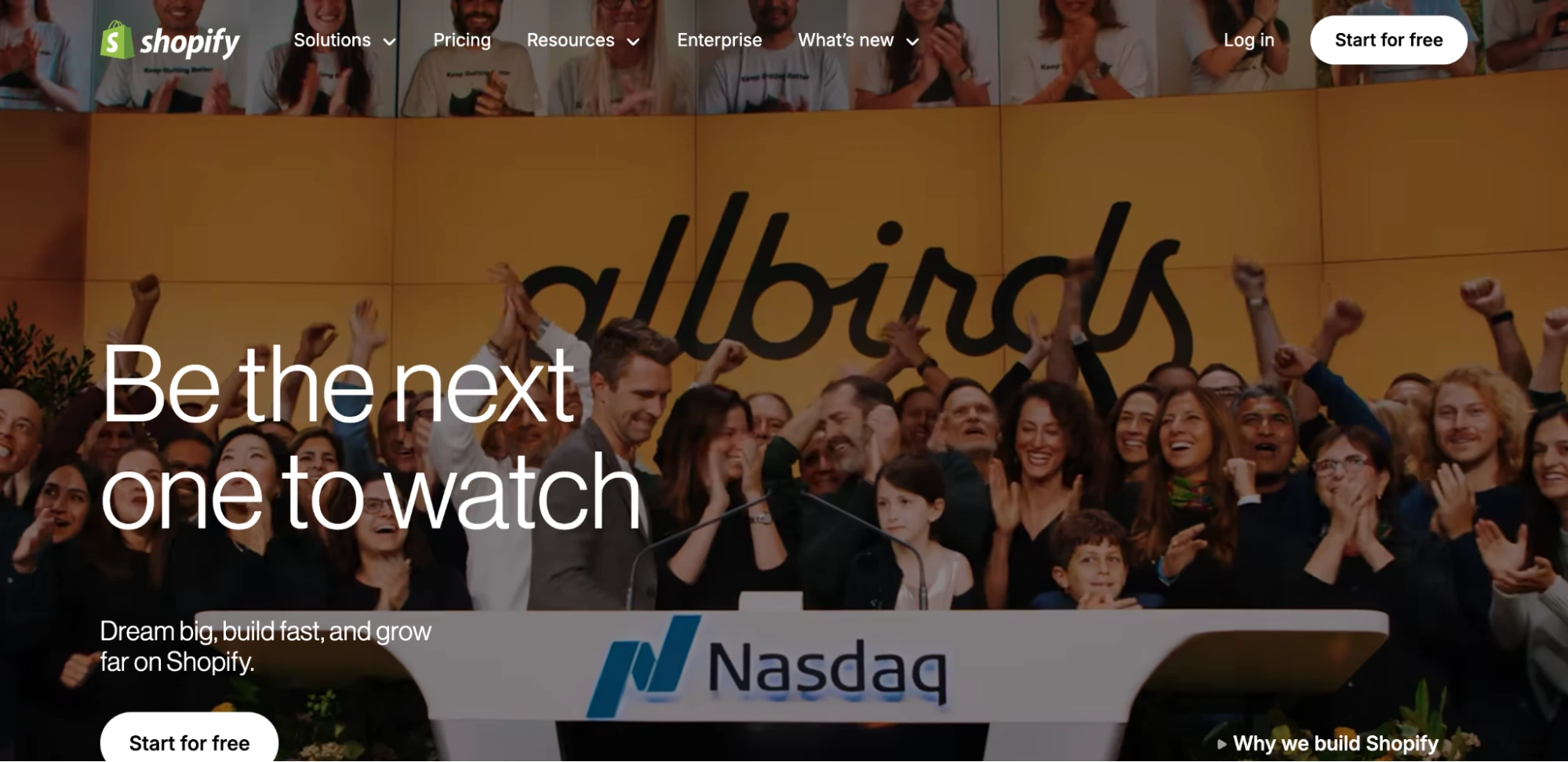
Best For: Businesses of all sizes looking to sell both digital and physical products, with full control over branding and sales channels.
Shopify is a top choice for entrepreneurs serious about building a professional online store. Whether you’re selling digital downloads, physical products, or both, Shopify offers a customizable ecosystem that lets you control every aspect of your eCommerce operation.
Why Creators Love It:
- Automated file delivery and download limits make it easy to manage digital products.
- You can list multiple formats for the same product, ensuring flexibility.
- Push updates to previous buyers, keeping them in the loop with your latest versions.
- Integrate seamlessly with popular marketing tools and apps, adding extra features like license key distribution or secure content delivery.
- It scales with your business, giving you the tools you need to grow.
What to Keep in Mind:
- Shopify’s monthly fees can add up, especially if you’re just starting or only selling a few products.
- To deliver digital files, you’ll need to install a third-party app like Shopify Digital Downloads or SendOwl.
Pricing:
- Starts at $1/month for the first 3 months.
- Standard plans range from $19/month (Basic) to $2,300+/month (Plus).
3. Klasio
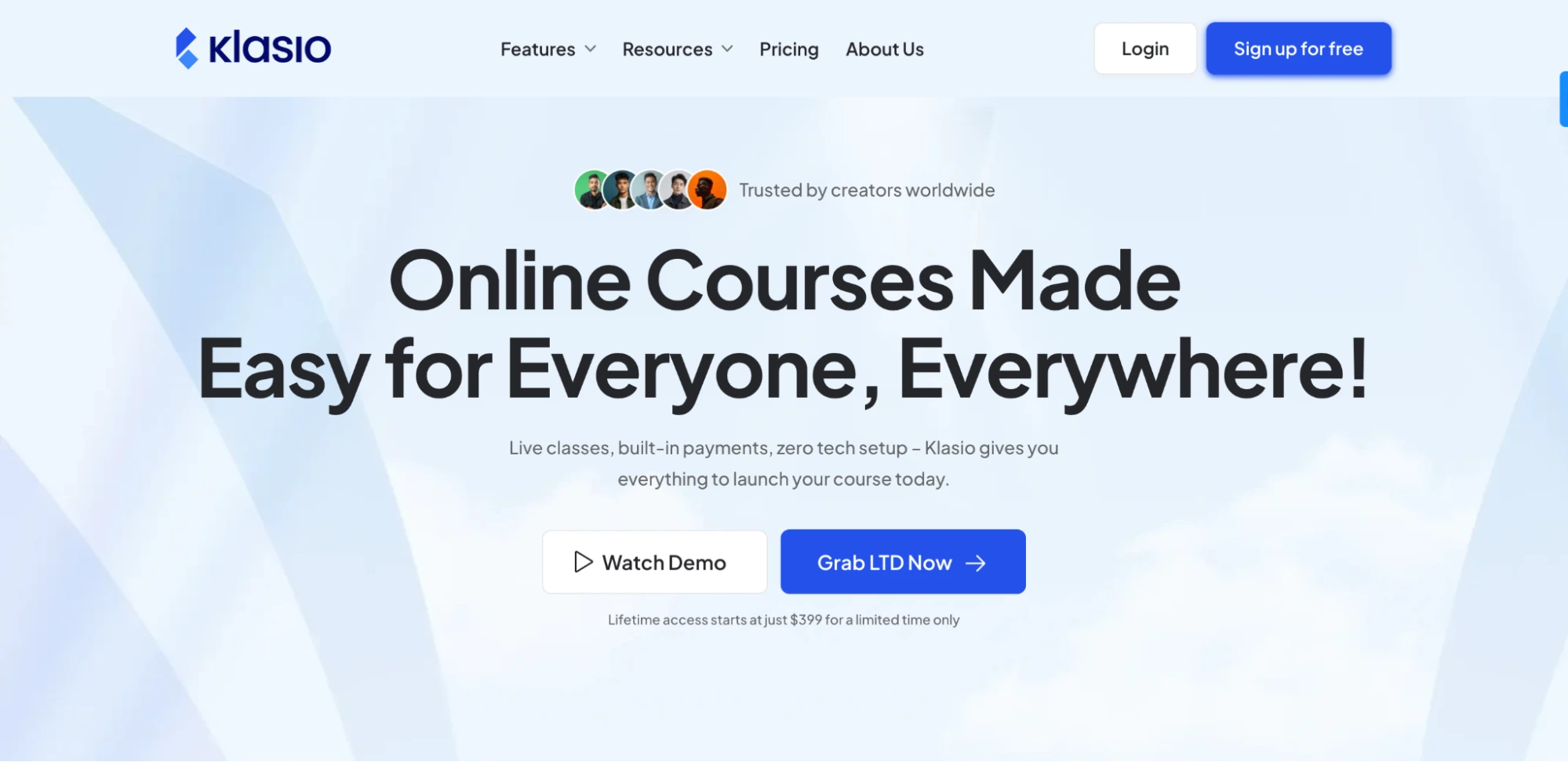
Best For: Getting started fast – launch your online course business in minutes, even without pre-recorded content.
Klasio is the perfect platform for creators who want to dive into course creation without the typical setup headaches. Whether you’re offering live courses, webinars, or even running a full digital academy, Klasio lets you hit the ground running. It’s ideal for educators, experts, and coaches who want a powerful yet simple tool to start earning quickly.
Why Creators Love It:
- No need for pre-recorded content: You can launch live courses and webinars right away, even if you haven’t created videos yet.
- The AI-powered course builder speeds up content creation, making it easy to get started fast.
- Supports quizzes, auto-graded assignments, and certificates to enhance the learning experience.
- Manage multiple sites with one admin panel—perfect for creators who want to run multiple courses or academies.
- Your students get access to a dedicated mobile app, available on all plans, ensuring they can learn on the go.
- Upcoming features like DRM protection and multilingual support will add even more versatility and security for your courses.
What to Keep in Mind:
- Klasio focuses on core teaching and selling features, so community-building tools (like forums) and SCORM compliance aren’t available yet, but coming soon.
- While you can collect student reviews, there’s no live chat support for students, which could make it harder to provide immediate assistance.
Pricing:
- Lifetime Deal (LTD):
- Starter: $399
- Growth: $799
- Business: $999
- Monthly Pricing:
- Starter: $49/month
- Growth: $79/month
- Business: $149/month
- Monthly plans come with no transaction fees, while the LTD plans charge minimal transaction fees, making it a cost-effective choice for long-term course businesses.
4. Etsy
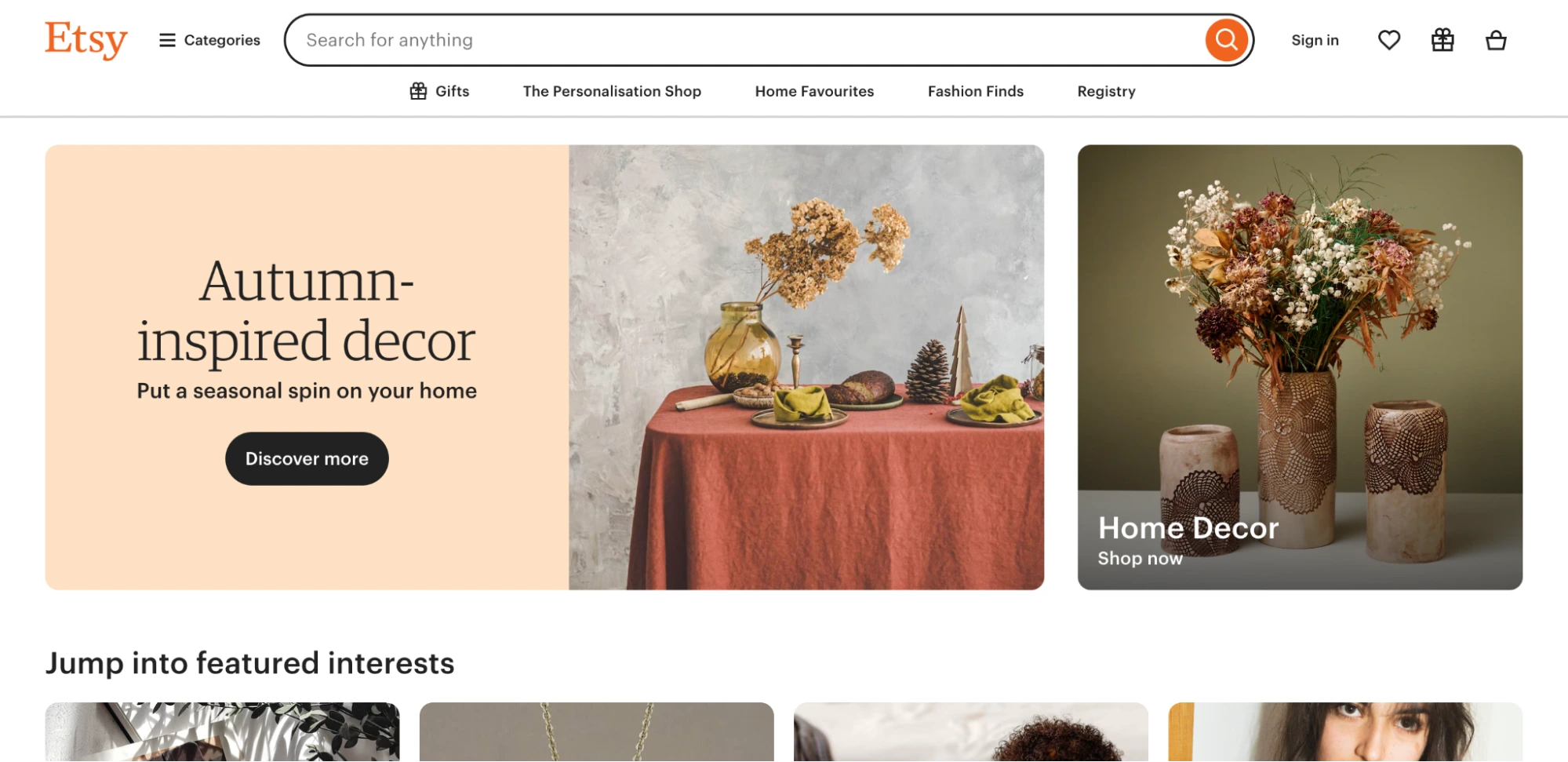
Best For: Crafters, DIY enthusiasts, and designers offering digital products like templates, printables, and artwork.
Etsy is the go-to marketplace for handmade, vintage, and unique items, making it an ideal platform if you’re selling digital downloads. Whether you’re offering printable planners, digital art, or patterns, Etsy provides access to a global audience actively searching for creative products.
Why Creators Love It:
- No website required: Simply upload your digital products, write a description, and you’re set. Etsy handles payment processing, digital delivery, and customer reviews.
- Instant access to a huge market of buyers interested in handmade or one-of-a-kind items.
- Perfect for testing the market without needing to build a full-fledged store.
What to Keep in Mind:
- Competition is fierce—to stand out, you’ll need eye-catching visuals and strong SEO.
- Limited customization options for your storefront, which can make it harder to build a unique brand identity.
- Etsy’s fees—listing fees, transaction fees, and payment processing charges—can eat into your profits.
Pricing:
- Free to start, but each listing costs $0.20.
- Additional fees include a 6.5% transaction fee and payment processing fees.
5. Creative Market
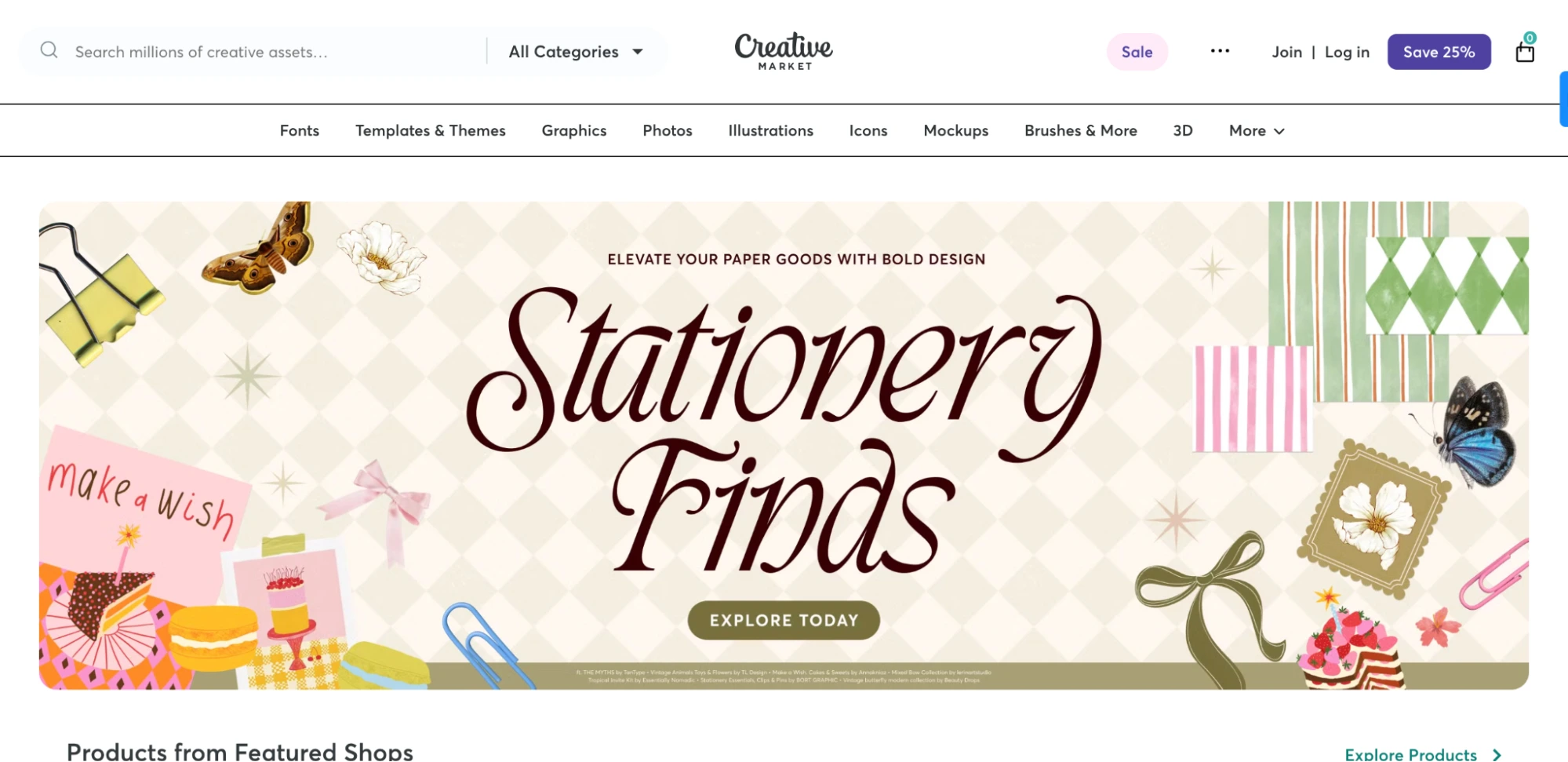
Best For: Designers and creatives selling digital assets like fonts, themes, templates, illustrations, and design bundles.
Creative Market is the ultimate platform for visual creators who want to sell their work to a global audience without the hassle of managing an online store. If you’re a designer, this is your gateway to a community of millions of potential buyers.
Why Creators Love It:
- Massive exposure: With over 10 million members, your products get immediate visibility.
- Easy setup with a user-friendly dashboard that provides helpful analytics.
- Creative Market handles all hosting and digital delivery for you.
- There’s no exclusivity, meaning you can sell your products on other platforms too.
What to Keep in Mind:
- High competition means standing out can be tough unless your work gets featured.
- Limited ability to collect customer emails, which makes building a long-term audience challenging.
- Shop customization options are basic, making it harder to build a unique brand identity.
Pricing:
- Free to join.
- Sellers typically earn 50% of each sale, with Creative Market taking the remaining portion.
6. Gumroad
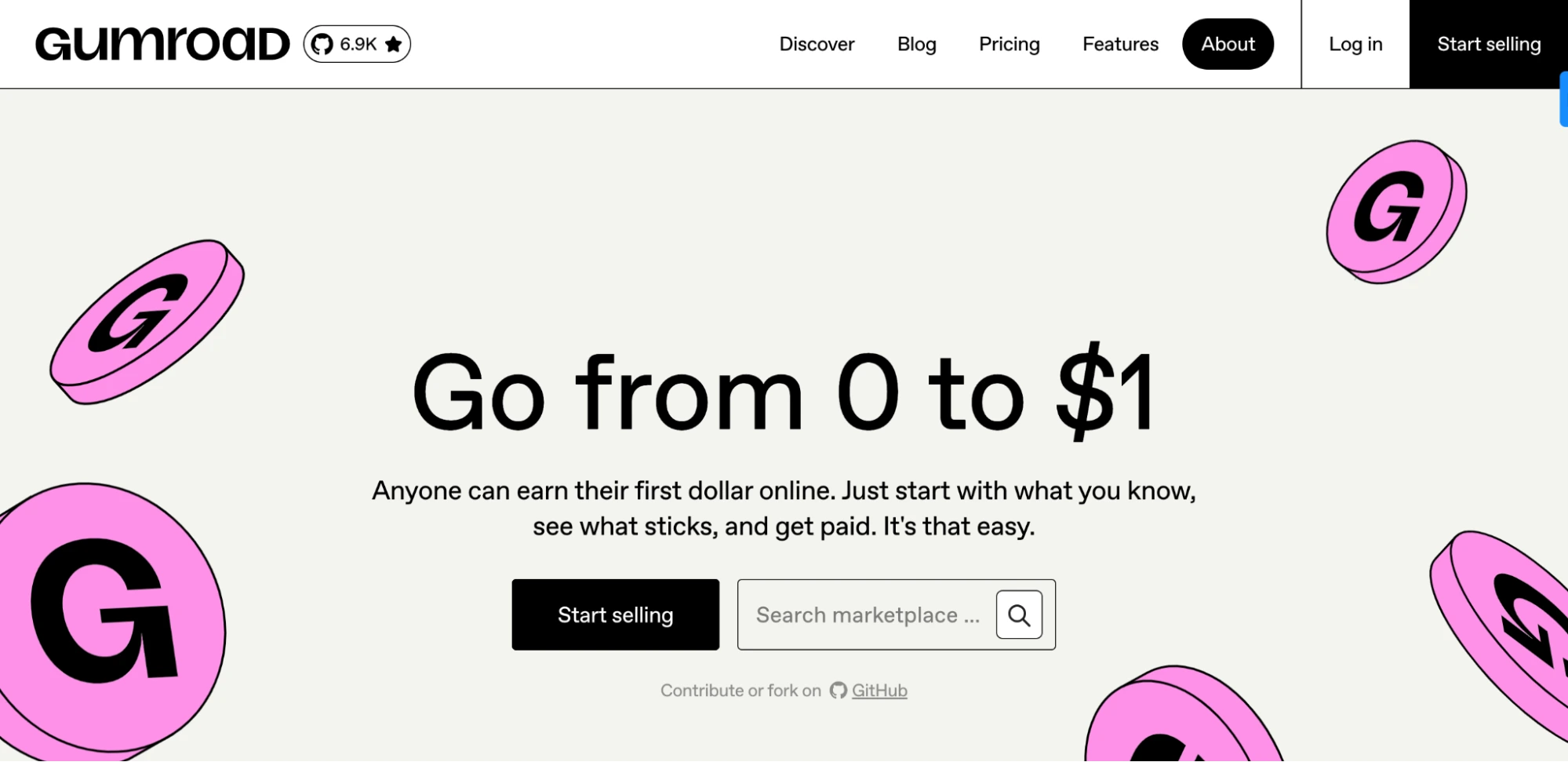
Best For: Solo creators and side-hustlers selling simple digital products, especially through social media.
Gumroad is the ultimate no-frills platform for creators looking to sell digital products quickly and easily. Whether you’re selling an eBook, a font pack, or a music loop, setting up your product page on Gumroad takes minutes. No monthly fees, no complicated setup—just pure simplicity.
Why Creators Love It:
- Super easy setup: Start selling with no technical barriers. Gumroad’s intuitive interface allows you to upload products and start making sales in no time.
- Flexible pricing options: Price your products however you want—whether it’s a fixed price, “pay what you want,” or even a rental model.
- Advanced features for creators: Deliver license keys, set up pre-orders, offer streaming content, and send updates to past buyers.
- Built-in analytics and affiliate tools help you track your sales and expand your reach by letting others promote your products.
What to Keep in Mind:
- While it’s perfect for casual sellers, branding options are limited, meaning your product page may not reflect your unique style.
- Transaction fees on the free plan can add up, especially if you’re selling high volumes. The platform charges 10% + $0.50 per sale, and if your products are sold through the Gumroad marketplace, a 30% commission can apply.
Pricing:
- No subscription fees, you pay 10% + $0.50 per transaction. However, as your sales volume increases, the fee percentage drops, which is great for those scaling up their digital products.
7. Sellfy
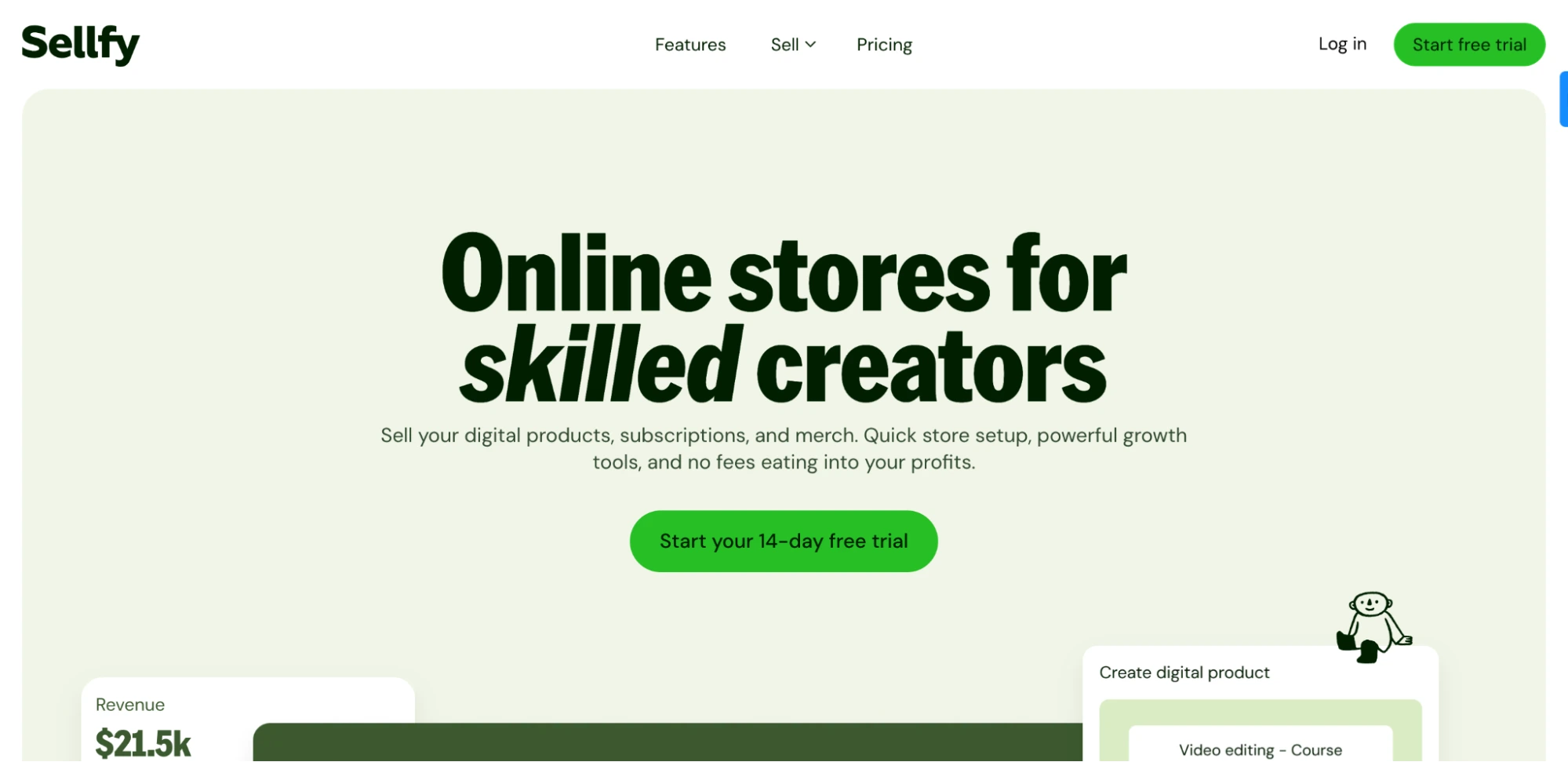
Best For: Creators, artists, and beginners looking to sell both digital and physical products through a simple, hosted storefront.
Sellfy is an all-in-one eCommerce platform designed to help you get your products online with minimal effort. Whether you’re selling design assets, music files, or physical merchandise, Sellfy makes it easy to launch a clean, professional online store. It’s a great option for creators who want to focus on what they do best: creating without getting bogged down in technical details.
Why Creators Love It:
- Simple setup: Easily set up a store with no technical skills required.
- Supports large digital files (up to 10GB), and offers secure delivery options like PDF stamping and download limits.
- Flexible pricing options, including the ability for buyers to set their own price, make it perfect for donation-based or community-driven sales.
- Built-in marketing tools like email marketing, upsells, discount codes, and analytics help you drive sales and grow your business from day one.
What to Keep in Mind:
- The platform offers basic customization compared to more advanced eCommerce tools like Shopify, so your storefront might not be as unique.
- The 14-day free trial might not be enough for you to fully explore its features.
- Scaling businesses might find the platform’s features limiting as they grow and require more flexibility.
Pricing:
- Plans start at $22/month (Starter), with Business at $59/month, and Premium at $119/month, all billed annually.
- A 14-day free trial is available to test the platform before committing.
8. Payhip
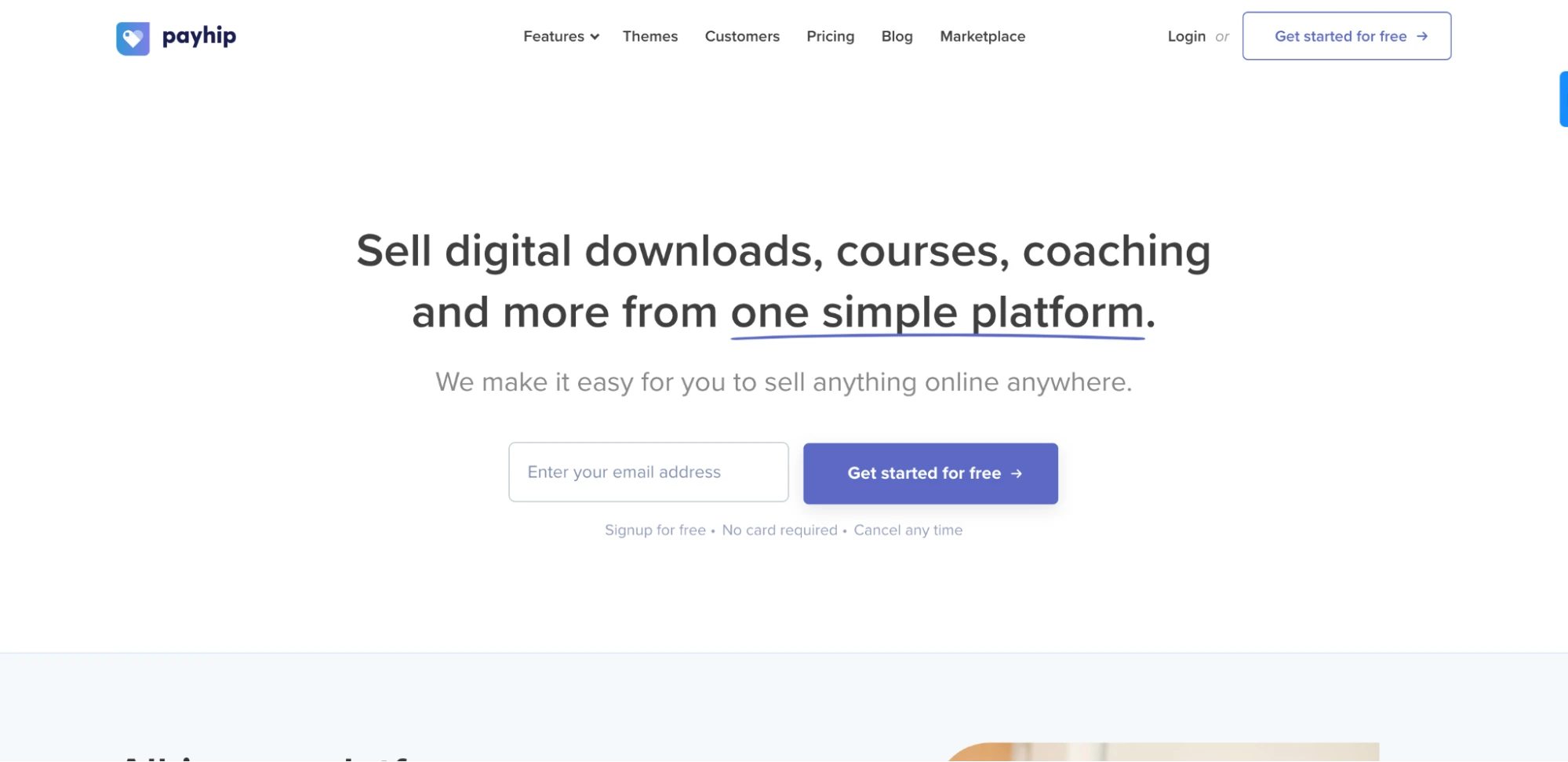
Best For: Beginners and global sellers offering digital products, memberships, or physical goods with built-in EU VAT compliance.
Payhip is a budget-friendly, flexible platform perfect for anyone starting out in the digital product world. Whether you’re selling eBooks, templates, memberships, or even courses, Payhip makes it simple to get started without any upfront costs.
Plus, with features that scale with your business, it’s a great choice for creators looking to grow their online presence.
Why Creators Love It:
- PDF stamping and license key delivery are built-in features that help protect your products and control distribution.
- Customizable checkout flows let you tailor the purchasing experience to suit your needs.
- Easily embed products into your website or share direct product links.
- Even on the free plan, you get access to social discounts, coupon codes, mailing lists, and affiliate programs to boost sales and engagement.
What to Keep in Mind:
- Limited storefront customization means your store might not stand out as much as you’d like.
- The analytics tools are fairly basic, offering only the essentials for tracking sales and performance.
- If you stick with the free plan, the 5% transaction fee could eat into your profits over time, especially as your sales volume grows.
Pricing:
- Free Forever plan (with a 5% transaction fee).
- Plus plan at $29/month (with a 2% fee).
- Pro plan at $99/month (with no transaction fees).
9. SendOwl
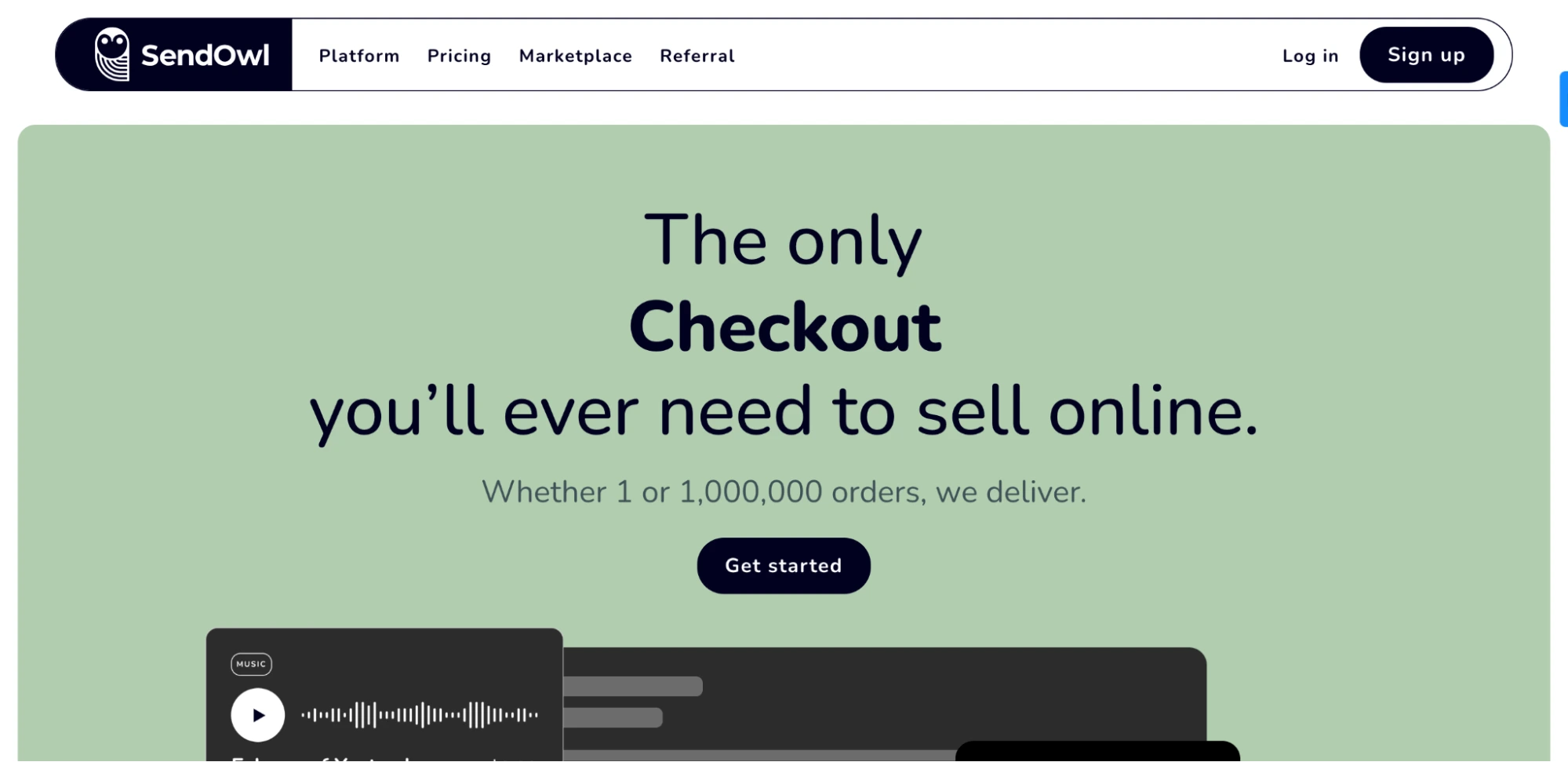
Best For: Creators who already have a website and want secure, streamlined digital product delivery.
SendOwl is perfect for creators who have an existing audience—whether on your blog, Shopify store, or other platform and need a reliable backend to handle digital product sales. It’s focused on secure delivery, making it the go-to choice for developers, artists, and software creators who need to protect their files and streamline transactions.
Why Creators Love It:
- Secure file delivery is a top priority with features like license key generation and built-in streaming for video/audio products.
- Easily embed products directly into your website, offering a seamless purchasing experience for your customers.
- The platform also supports subscriptions, helping creators sell recurring digital products or memberships.
- Features like abandoned cart recovery and flexible pricing options help improve conversions and maximize sales.
What to Keep in Mind:
- Not a standalone storefront – SendOwl works best as an add-on to your existing website, so it’s not ideal for those starting from scratch.
- The interface feels a bit dated, and it lacks some of the built-in marketing and automation tools you’d get with an all-in-one platform like Shopify or Gumroad.
Pricing:
- Starter plan at $39/month.
- Standard plan at $87/month.
- Pro plan at $159/month.
- A free trial is available to test the platform before committing.
10. LearnWorlds
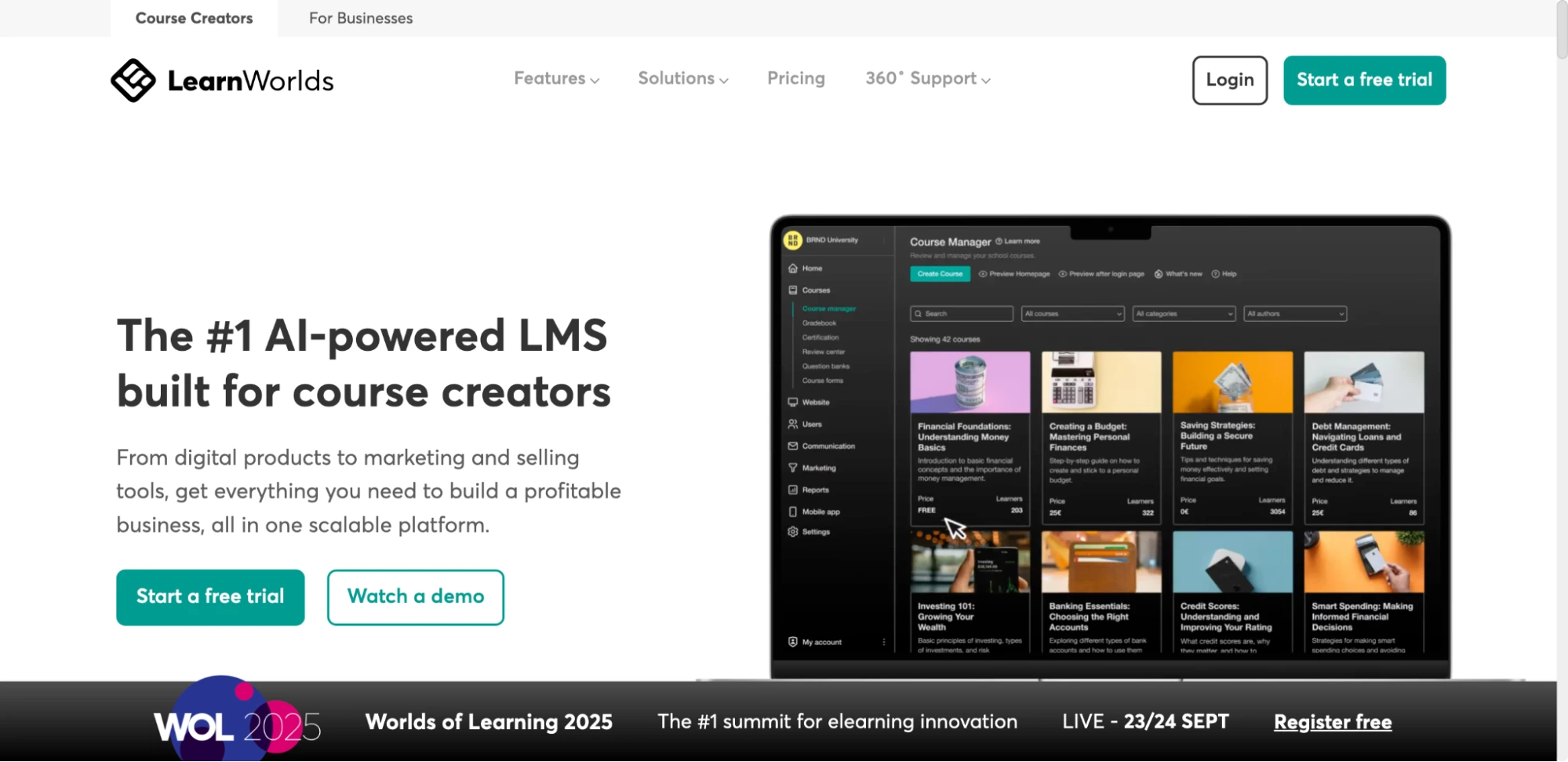
Best For: Course creators and training providers looking for advanced features, full branding control, and mobile delivery.
LearnWorlds is the go-to platform for those who want to create a truly branded and professional learning experience. It’s ideal for educators, trainers, and businesses offering courses and training programs.
If you want more than just simple course hosting, LearnWorlds provides everything you need to build a fully interactive, mobile-friendly learning environment.
Why Creators Love It:
- Advanced monetization options: LearnWorlds supports a variety of business models including single courses, course bundles, and subscription plans, allowing you to find the best fit for your products.
- Interactive features such as assessments, surveys, affiliate programs, and live sessions make it easy to engage and track your students.
- The platform includes unique features like an AI course assistant, SCORM support, and interactive video, all designed to make the learning experience more immersive and dynamic.
- You get full branding control, allowing you to create a fully customized learning platform with your own logo, color scheme, and more.
- Mobile app support enables you to deliver courses on-the-go, ensuring a seamless experience for learners anywhere.
What to Keep in Mind:
- LearnWorlds is more complex than some other platforms, which means there’s a steeper learning curve when setting up and managing your courses.
- It’s primarily designed for digital products like courses and memberships, so it’s not ideal for those who want to sell physical products.
Pricing can be higher compared to simpler platforms, especially as you scale and add more features.
Pricing:
- Paid plans start at $29/month.
- As you move up to higher tiers, you’ll unlock more advanced features, including better customization, marketing tools, and reporting options to scale your business further.
11. Kajabi
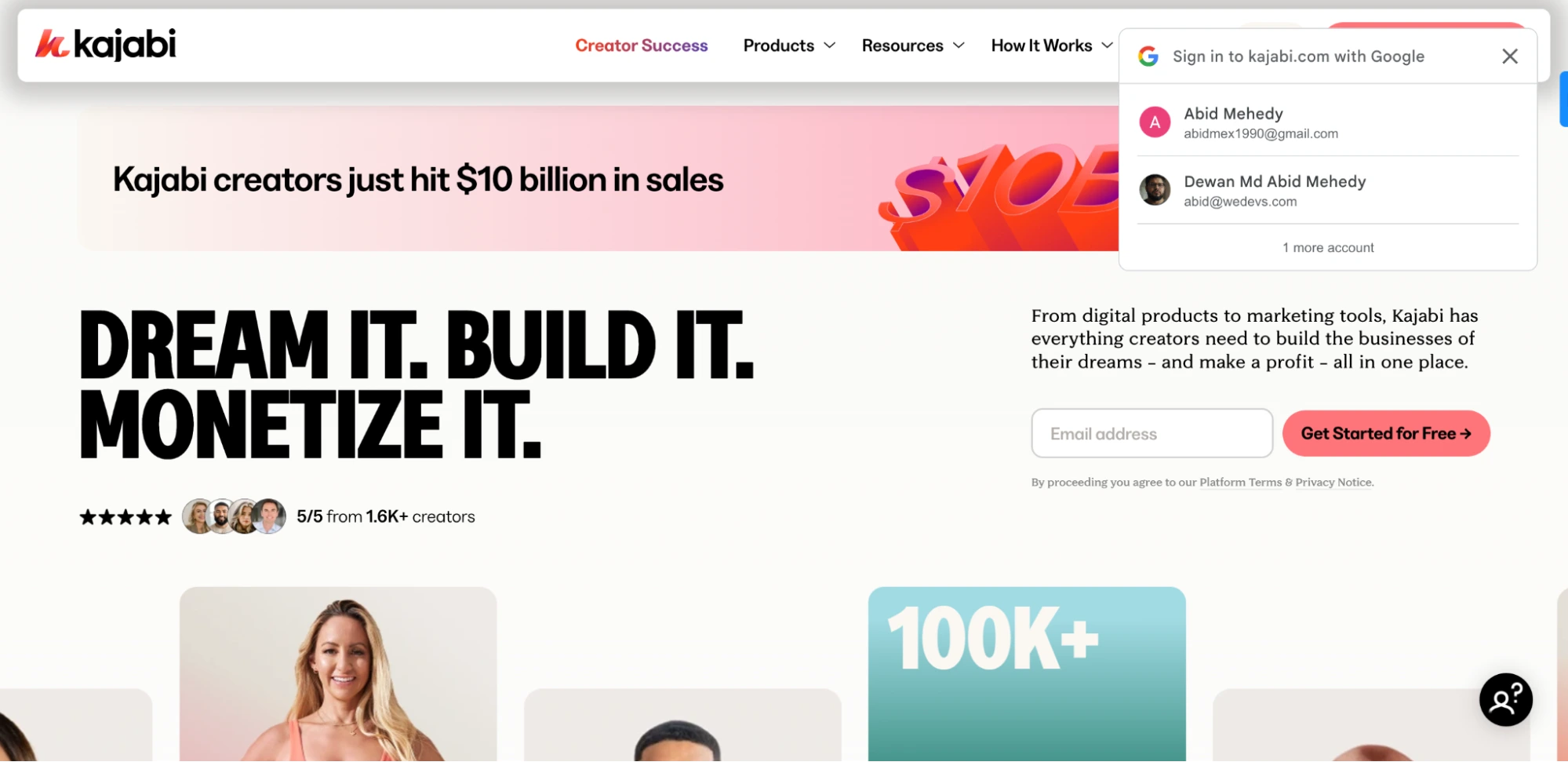
Best For: Selling pre-recorded courses, building advanced sales funnels, and automating your marketing workflows.
Kajabi is the go-to platform for course creators and digital product sellers who want a comprehensive, all-in-one solution. Whether you’re focused on delivering high-quality courses, building sophisticated sales funnels, or automating your marketing strategy, Kajabi has everything you need to turn your digital products into a well-oiled business machine.
Why Creators Love It:
- All-in-one platform: Kajabi combines content delivery, email marketing, landing pages, and sales automation in one place, so you don’t need to juggle multiple tools.
- Built-in marketing tools: Kajabi includes customizable email sequences, landing pages, and product pipelines, which are essential for scaling your business.
- Access to AI-powered Creator Hub and a variety of templates speeds up course creation, making it easier to launch quickly.
- Education features are top-notch, with support for quizzes, assessments, certifications, and gated content, which help you create engaging, interactive learning experiences.
- No transaction fees on any plan—this is a major bonus for creators as you scale your business.
What to Keep in Mind:
- Pricing is higher compared to other platforms, which might be a concern for smaller creators or those just starting out.
- Although Kajabi is marketed as an all-in-one tool, community features (like forums or discussions) are separate and require an additional login for your students, which can be a bit inconvenient.
Some of the more advanced marketing tools are only available on higher-tier plans, so you might need to upgrade as your business grows.
Pricing:
- Kickstarter plan at $69/month (ideal for beginners).
- Basic plan at $149/month, Growth at $199/month, and Pro at $399/month.
- Custom enterprise pricing is also available for large businesses.
- Annual billing offers up to 20% savings, making it more affordable in the long run.
Key Factors to Consider When Choosing a Platform for Digital Products
When choosing the right platform for your digital product business, Klasio rises to the top for several compelling reasons:
- Quick Setup with Live Content: Launch your online courses, webinars, or digital academies without needing pre-recorded videos. Klasio lets you get started instantly with live courses, perfect for creators who want to dive in fast.
- AI-Powered Course Creation: Klasio’s AI-assisted course builder streamlines the process of creating and organizing content. It includes features like quizzes, auto-graded assignments, and certifications, all aimed at enhancing the learning experience.
- Mobile Access & Easy Management: Your students get access to a dedicated mobile app, and you can manage multiple sites under one admin panel, offering convenience and flexibility as your business grows.
- Upcoming Features for Growth: Features like DRM protection and multilingual support are in the works, giving you more tools for protecting your content and reaching a wider audience.
- Affordability with Flexible Plans: With options for Lifetime Deals and monthly plans starting at $49, Klasio offers a budget-friendly solution with minimal transaction fees, making it a cost-effective choice for scaling businesses.
- Ease of Use: Klasio simplifies course creation and digital product sales, allowing you to focus on delivering value to your students without the technical complexities of other platforms.
Klasio strikes a balance between simplicity, powerful features, and affordability, making it a top contender for creators looking to launch and grow their digital product business.
FAQs
What makes Klasio stand out from other course platforms?
Klasio is praised for its quick setup, AI-powered course builder, and the ability to launch live courses without needing pre-recorded content. It also offers a student mobile app on all plans and a unique Lifetime Deal option.
Is Klasio suitable for beginners?
Yes, Klasio is designed to be very user-friendly with no coding or technical skills required. It’s often recommended for new creators who want to get started quickly without the typical setup headaches.
What features does Klasio have for students?
Students get access to a dedicated mobile app, and the platform supports interactive features like quizzes, assignments, and certificates.
How does Klasio compare to platforms like Kajabi or Teachable?
Klasio is generally considered more affordable and beginner-friendly than platforms like Kajabi. While Kajabi is a robust all-in-one marketing tool, Klasio focuses on a simpler, more streamlined approach with a unique Lifetime Deal pricing model and a free student mobile app, which is a key differentiator.
Before Wrapping Our Discussion…
In a crowded market of platforms, choosing the right one can make all the difference. While options like Shopify, Gumroad, and Etsy each have their strengths, Klasio offers a compelling blend of simplicity and power.
With its AI-powered course builder and support for live content, Klasio is perfect for creators who want to get started fast. Its focus on affordability and a seamless user experience makes it a top choice for anyone ready to turn their digital product idea into a thriving business.

